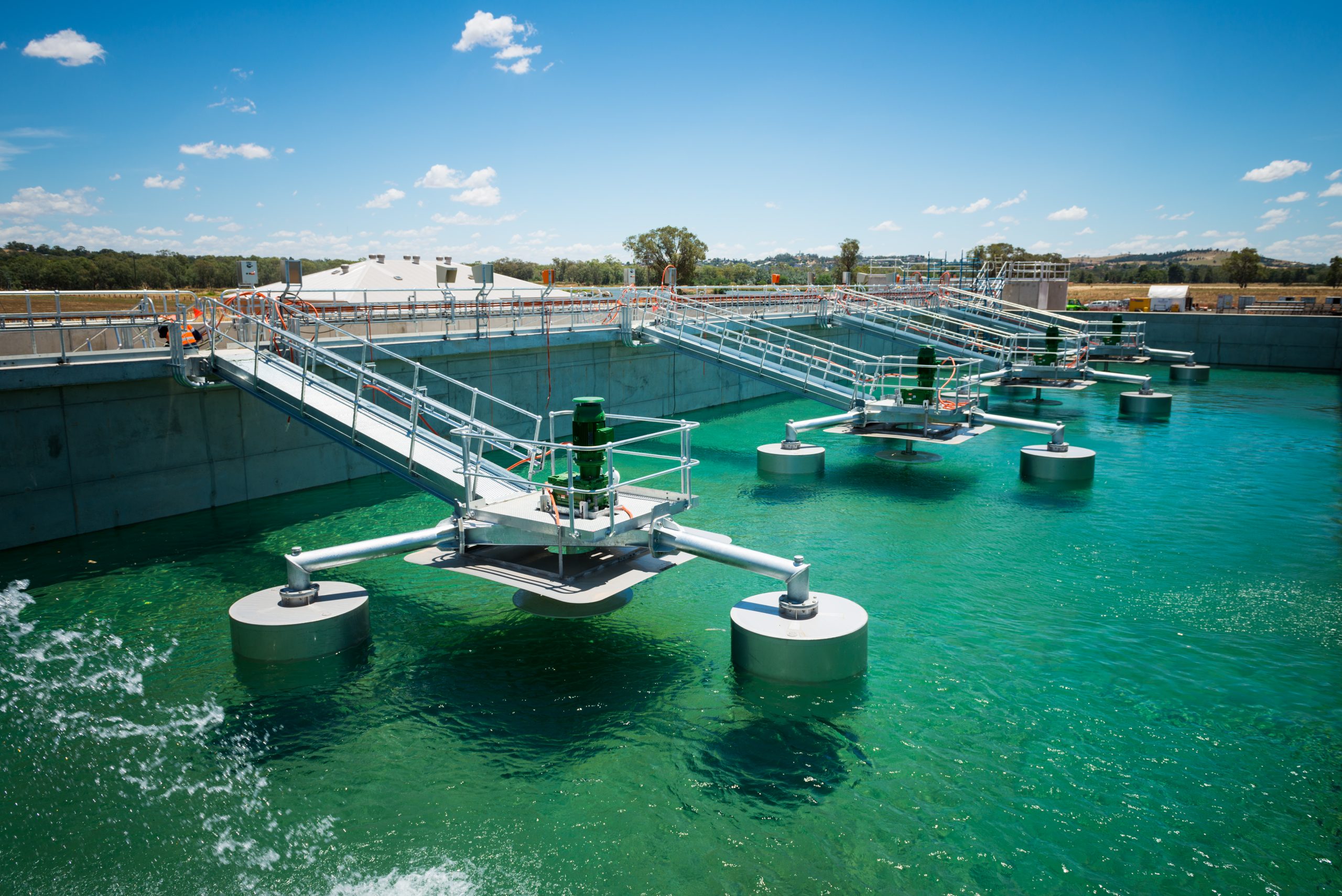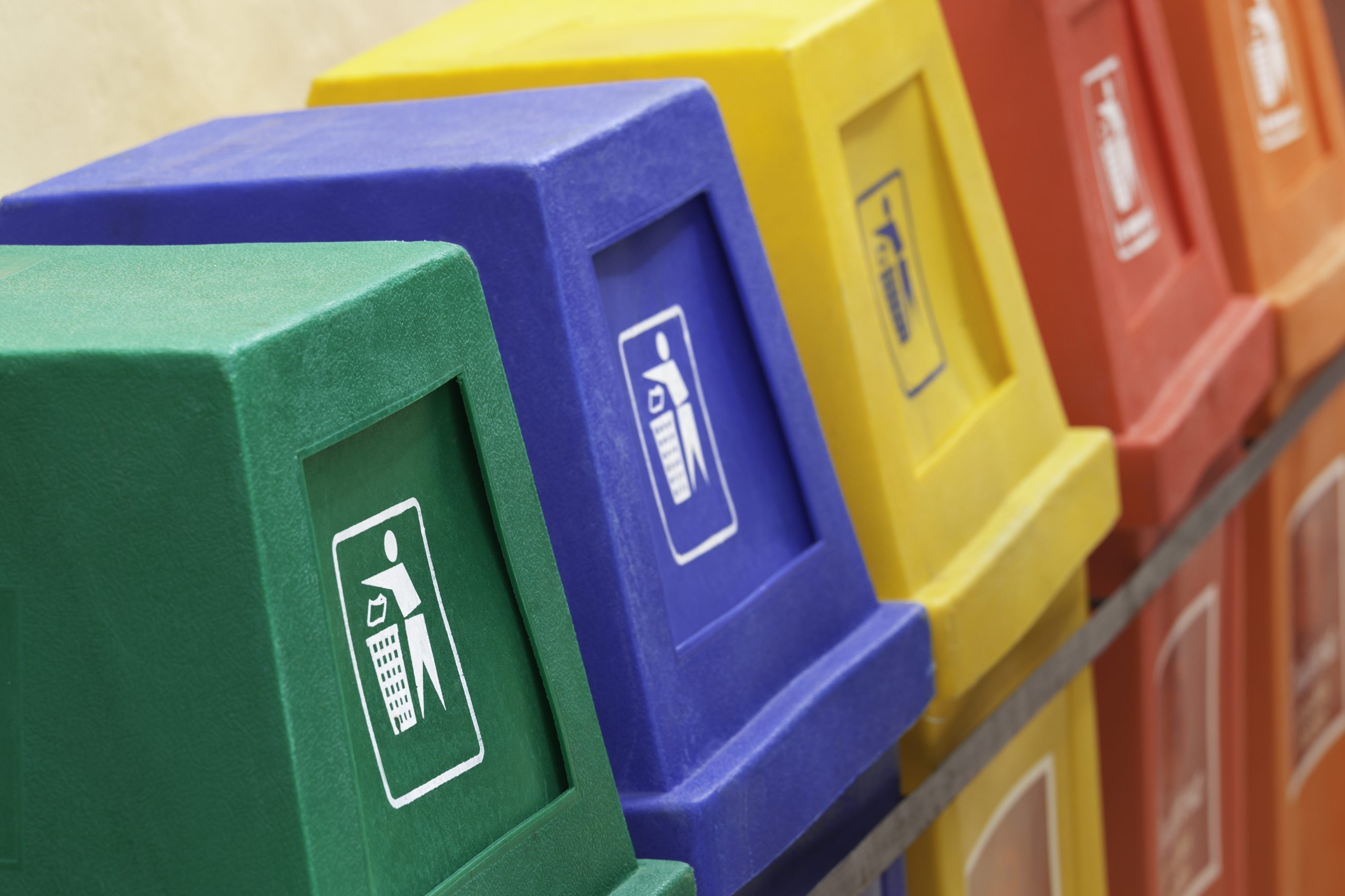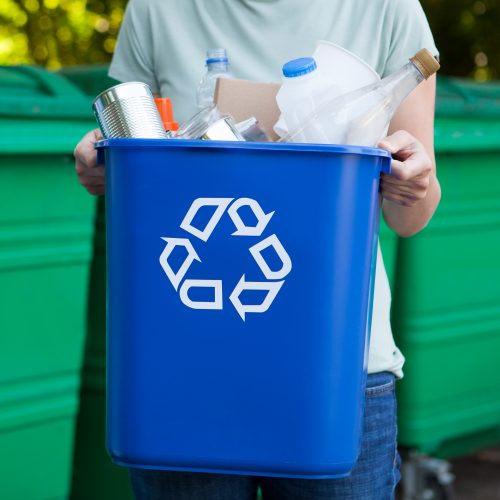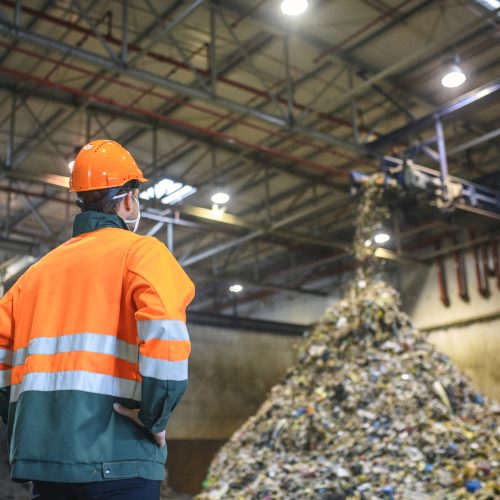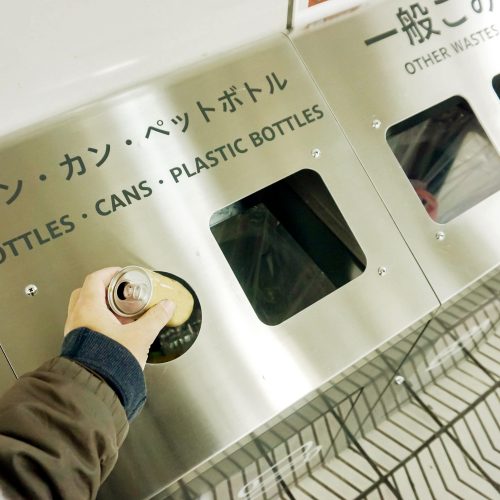Description
Waste prevention depends on a shift in the attitudes and behaviour of residents and businesses. This can be encouraged through various informational measures. Drawing public attention to waste prevention is a fundamental step in nudging behavioural change towards more sustainable consumption and waste management practices. Such informational strategies aim to change consumer behaviour, encouraging informed decisions on reducing waste generation and improved separate collection of different waste streams. This can lead to a number of benefits, including reductions in GHG emissions, environmental pollution and the use of materials. Moreover, waste prevention leads to cost reduction as collection and transport costs, landfill volume and clean-up costs are all lower.
In addition, it is important to inform the public how the current systems work, or how source-separation works, and to communicate the city’s plans and achievements. For instance, a new sanitary landfill will lead to tariff increases, but only a few neighbours might see improvements – thus, the city needs to communicate this, too, in order to improve acceptance of increased tariffs.
Another significant aspect of the awareness campaign is to eliminate discrimination against waste pickers. Informal waste pickers, especially women, children, people with disabilities, refugees and ethnic minorities, often face discrimination and harassment. Therefore, educational campaigns are vital to reduce social stigma by communicating that waste pickers are providers of municipal sanitation services whose rights should be acknowledged and protected.
A number of information strategies can be used, including awareness campaigns, information on waste prevention techniques, training programmes for local authorities and eco-labelling. Effective awareness campaigns often focus on a specific waste stream and provide easy-to-follow practical advice on waste prevention actions. Campaigns may choose to focus on visible actions, such as the use of canvas bags instead of plastic bags, the implementation of home composting, the use of no-junk-mail stickers and the repair and recycling of clothing.[1] Specific methods for information dissemination include online information portals geared towards consumers, online tools facilitating the calculation and tracking of data on waste and the development of waste prevention plans.

Resource implications and key requirements
Education campaigns can be administratively demanding due to the need to provide information on waste prevention techniques for specific users, such as households, businesses and organisations. In addition, the campaigns demand substantial budgetary resources, with leading waste authorities in Europe having invested significant resources into awareness generation, of at least €5 per resident.[2] For this reason, it is important that the financing of campaigns is stable. At the same time, waste prevention also saves a city money – for instance, if food waste is recycled instead of disposed of in a landfill – and awareness campaigns could therefore have a positive effect on a city’s budget. Campaigns can be tailor-made for specific waste streams and target groups, using different media.

Potential private-sector participation
Although campaigns are often conducted at the national level, several cities have also been proactive in launching their own campaigns. While the private sector is rarely involved, it is common for awareness campaigns to be provided through external nonprofit organisations, and through school teachers when education campaigns target school children. A specific measure for awareness-raising is the establishment of a network of waste advisers. These are volunteers or employees trained in waste prevention and management who support residents in reducing and correctly separating at source the waste generated in households. Leading waste organisations in Europe have put in place one waste adviser per 20,000 residents.
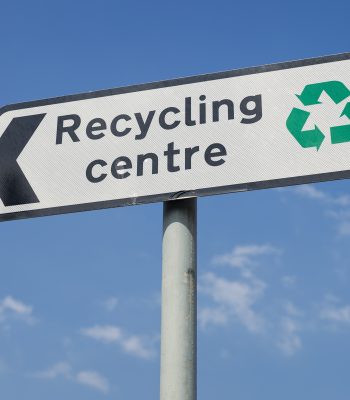
Implementation obstacles and solutions
It is important that messages are tailor-made for well-defined target audiences and delivered consistently through a range of complementary measures. A targeted women-centred campaign should be developed, as mostly women and girls perform the task of domestic waste management. Other success factors include cooperation between the local authority and the stakeholders involved in providing the campaign, such as waste charities, school teachers and waste advisers. The quality of preparation and implementation of the campaign is important and can be based on previous studies and recommendations from stakeholders. Campaign continuity and well-developed materials are equally important for a successful campaign, as well as recognition of the campaign at the national level.[3] It is also crucial to monitor the impact of particular campaigns on key performance indicators.
Successful examples of campaigns in the UK targeted towards consumers include the Love Food Hate Waste campaign, the Recycle Now campaign, the Love Your Clothes campaign and the Real Nappies campaign. Examples in other countries include campaigns for tap water instead of bottled water in Portugal and Italy and the Stop Pub campaign in France. Furthermore, Vienna is promoting lifestyles geared towards services and culture rather than products. Successful examples of informational tools include Eunaofaçolixo. com in Portugal, which suggests waste prevention techniques for different types of household room, the WRAP Waste Prevention toolkit and WasteCap, a nonprofit network in the USA.

Comparison with other policy options
Information strategies are a necessary step towards inducing behaviour change and therefore any waste prevention policy will implicitly require information strategies. Awareness campaigns must be delivered in conjunction with the right tools to support organisations in managing their waste, together with an efficient separate waste-collection system and promotional measures for waste reuse and repair.
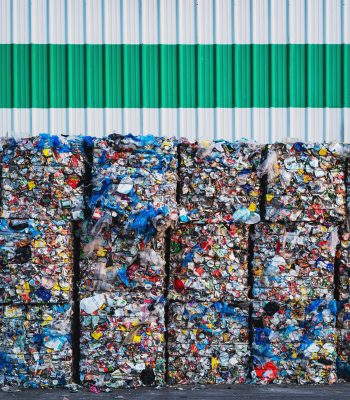
References
[1] European Commission Directorate – General Environment (2012), “Preparing a Waste Prevention Programme: Guidance document”, October 2012.
[2] M. Dri, P. Canfora, I. Antonopoulos and P. Gaudillat (2018), Best environmental management practice for the waste management sector, JRC Science Policy Report, Publications Office of the European Union.
[3] Regions4recycling (2014), “Good practice Tallinn: Waste awareness educational campaigns for children and adults”.



